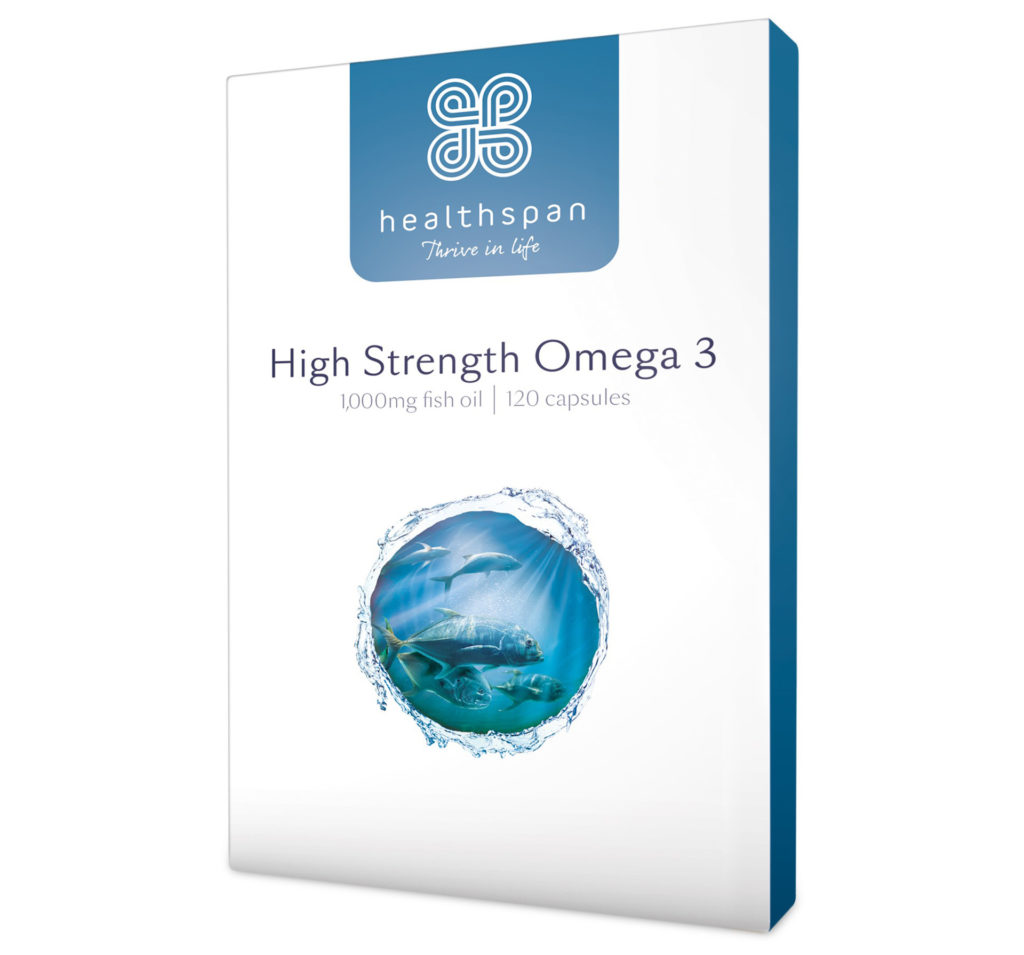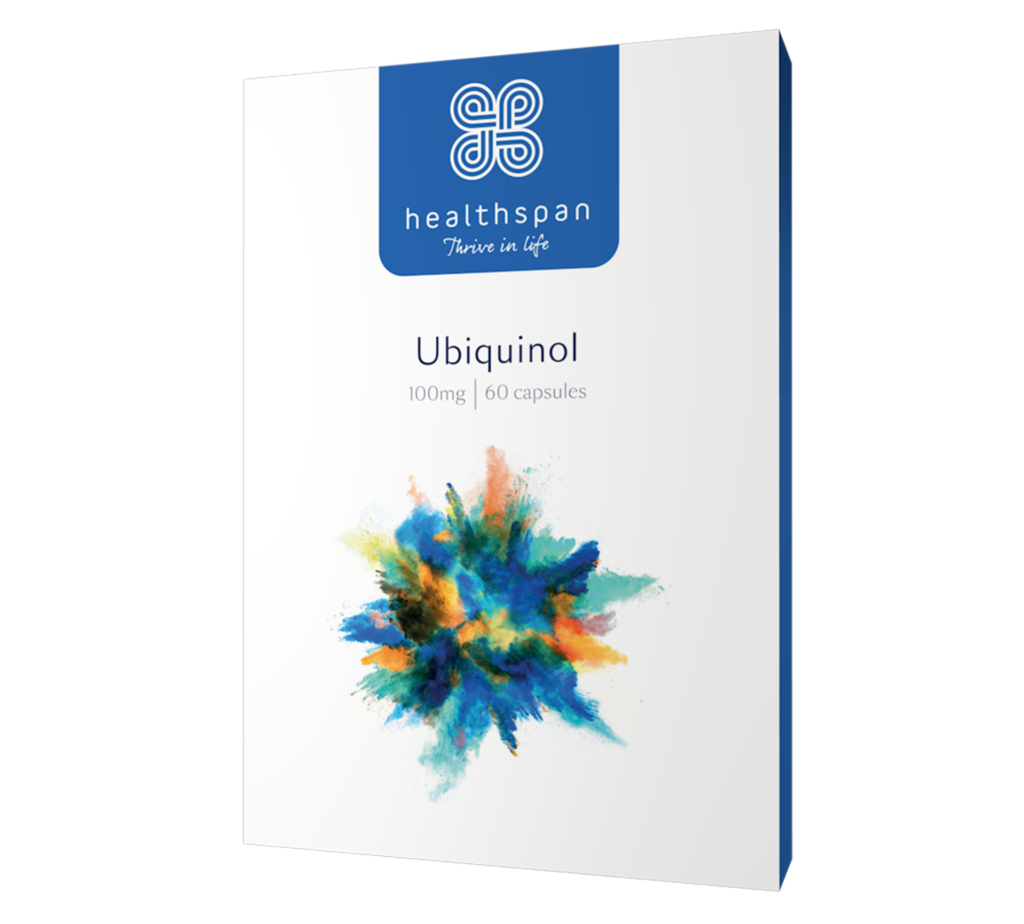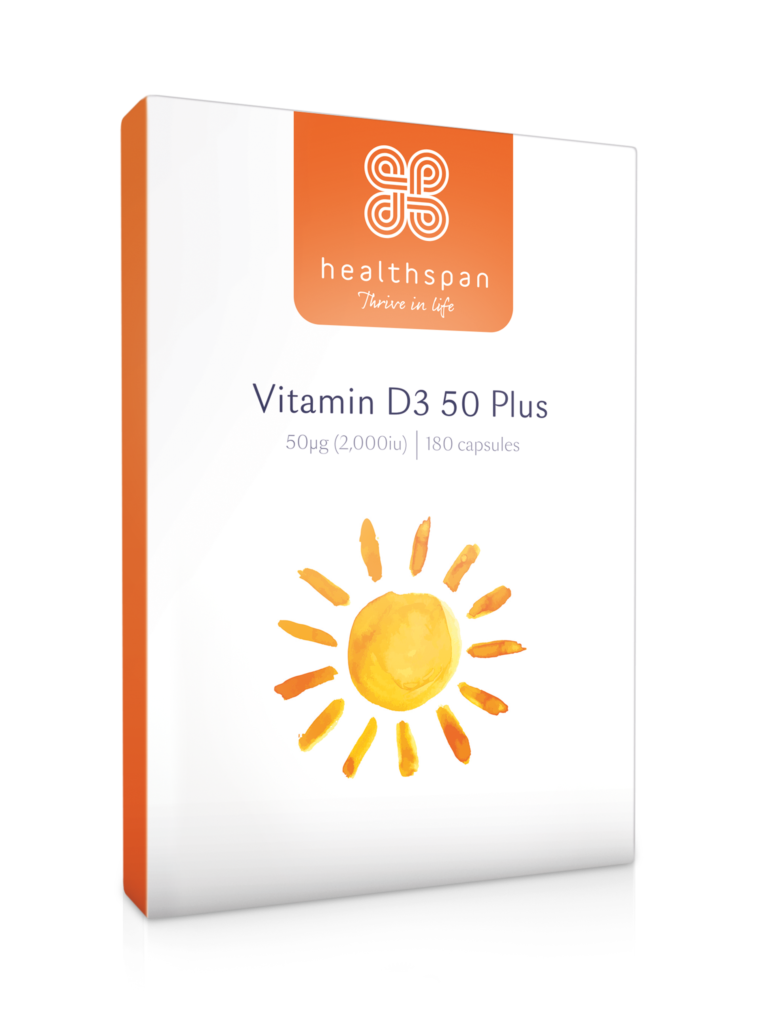7 Ways To Survive And Thrive After A Heart Attack

The seven steps that will help you regain your confidence – and your life – when you’ve had a heart attack.
1 Talk to your doctor
“After a heart attack you want to get back to a life that’s as normal and healthy as possible,” says Dr Sarah Brewer, GP and Healthspan Medical Director.
“However, although you’ll have received lots of information about diet and lifestyle, it’s not always easy to take everything in. Ask your doctor about anything that’s not clear – or which hasn’t been covered. And if you haven’t been given advice about sex, don’t be embarrassed to ask.”
2 Choose your friends wisely
“After a heart attack, having people around you who you can trust is vital for regaining your confidence and rebuilding your health,” says Dr Ameet Bakhai, who is a Consultant Cardiologist at Spire Bushey and at a leading NHS London hospital.
“You don’t want people who treat you like an invalid and who chastise you. You need to surround yourself with people who have a positive attitude to health and who encourage you to keep moving and keep mobile.”
3 Be young at heart
“Experiencing a heart attack can be life-changing and can lead to unexpected feelings,” admits psychologist Dr Meg Arroll.
“A survey by wellbeing brand Healthspan found that 34% of women found that having a heart attack made them feel older.
“Picturing yourself in a certain way – in this case ‘older’ – leads to associated behaviours. Change your mindset to ‘young at heart’ for a positive impact on your identity and your overall health.”
4 Eat a heart healthy diet
Tuck into lots of fruit and vegetables – the more colourful, the better! If using oils or fats, choose small amounts of saturated oils such as olive oil or sunflower oil. Cut down on salt and sugar and ensure there’s enough fibre in your diet with wholegrain bread, pasta and rice.
“Eating two portions of fish a week – one of which is oily, perhaps salmon or mackerel – is beneficial for circulation,” advises Dr Brewer. ”If you don’t like fish, you could try taking an Omega 3 supplement.
“And follow any diet guidelines you’ve been given to help you lose excess weight, improve blood pressure and lower cholesterol levels.”
5 Consider taking a supplement
If you’ve been prescribed statins to help lower high cholesterol, you might find that you’ve more aches and pains than before you had a heart attack. Muscle pain is a common side effect of taking a statin and should be mentioned to your GP, but you may find that taking the natural supplement Ubiquinol (£34.95, Healthspan) helps relive painful muscles.
“Ubiquinol also supports heart health and boosts energy levels and is recommended by some cardiologists,” explains Dr Brewer.
“Taking statins can also deplete your body’s stores of vitamin D so it’s worth taking a vitamin D supplement,” continues Dr Brewer. “And if your statin’s not working as well as your doctor hoped, ask about plant sterol supplements which, as they work in a different way to lower cholesterol, can complement statin medication.”
6 Be active
It’s very important to exercise after a heart attack – but you need to build up your activity levels slowly. “Ask your GP or cardiologist how much exercise you can take and how to increase this as your fitness improves,” says Dr Brewer.
Dr Meg Arroll is also an advocate of the importance of exercising. “Physical activity is as good for the mind as the body,” the psychologist stresses. “Even a 10-minute walk can boost mood so, if you’re feeling down, go for a stroll.”
7 Look on the bright side of life
After having a heart attack, many people feel down, which can be associated with further health problems. “Depression following a heart attack shouldn’t be brushed aside,” says Dr Arroll. “Focus on life’s silver linings to help prevent the serious consequences of long-term low mood.
“If you feel classic depressive symptoms such as helplessness and hopelessness for more than two months after your heart attack, ask your GP for a referral to a therapist for specialist help.”












